Sensitive personal information, including Social Security numbers, was exposed in newly unredacted John F. Kennedy assassination documents released this week, frustrating those affected.
Joseph diGenova, a former campaign lawyer for President Donald Trump, was one of the individuals whose private details were revealed. He plans to sue the U.S. National Archives and Records Administration for violating privacy laws, citing concerns about identity theft.
“It should not have happened,” diGenova said in a phone interview Thursday. “I believe it’s the result of incompetence during the review process. This wasn’t about rushing; the people reviewing these documents simply didn’t do their job.”
His personal information was found in documents related to his work for a U.S. Senate select committee that investigated abuses of power by government officials in the 1970s, including the surveillance of U.S. citizens.
Officials at the White House said Thursday that a plan was in place to help those whose personal information was disclosed, including credit monitoring offered by the National Archives and a screening of the records that began Wednesday to identify all the Social Security numbers that were released.
Officials also said new Social Security numbers would be issued to those affected.
The White House did not respond to questions about why the personal information was unredacted.
“President Trump delivered on his promise of maximum transparency by fully releasing the files related to the assassination of President John F. Kennedy,” White House Press Secretary Karoline Leavitt said in a statement. “At the request of the White House, the National Archives and the Social Security Administration immediately put together an action plan to proactively help individuals whose personal information was released in the files.”
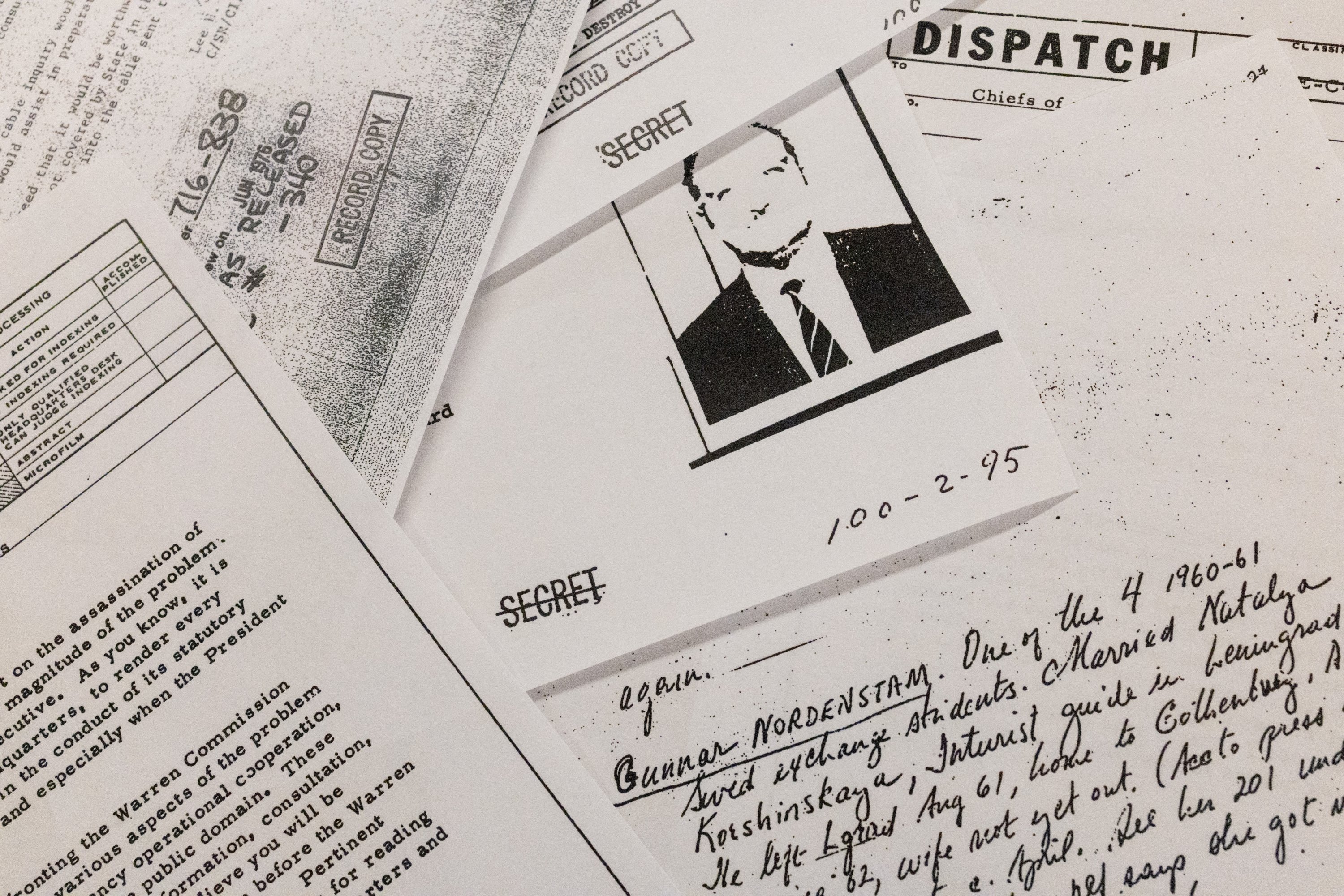
The National Archives did not immediately respond to an email seeking comment.
Trump ordered the release of the remaining classified files related to the 1963 assassination shortly after being sworn into office in January. About 2,200 files, consisting of over 63,000 pages, were posted on the National Archives’ website Tuesday evening. Many of those pages revealed information that had previously been redacted.
The vast majority of the National Archives’ more than 6 million pages of records, photographs, motion pictures, sound recordings, and artifacts related to the assassination had already been released.
The National Archives posted assessments of the newly released documents on its website but noted that there wasn’t enough time as of Wednesday to review more than a small fraction of them. The documents released this week provided more details of Cold War-era covert U.S. operations in other nations, but they didn’t initially lend credence to conspiracy theories about who killed Kennedy.
One of the newly unredacted documents, for example, discloses the Social Security numbers of more than two dozen people seeking security clearances in the 1990s to review JFK-related documents for the Assassination Records Review Board.
The National Archives began screening the documents on Wednesday to identify all the Social Security numbers in the assassination records, the White House said.
The National Archives will share those numbers with the Social Security Administration, which will identify the people who are living and issue them new numbers, according to the White House. The National Archives will also offer credit monitoring services for affected individuals until they receive their new Social Security numbers, officials said.
Kennedy was killed on a visit to Dallas when his motorcade was finishing its parade route downtown and shots rang out from the Texas School Book Depository building. Police arrested 24-year-old Lee Harvey Oswald, a former Marine who had positioned himself from a sniper’s perch on the sixth floor. Two days later, Jack Ruby, a nightclub owner, fatally shot Oswald during a jail transfer, which was broadcast live on television.



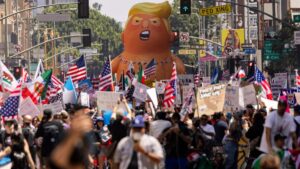
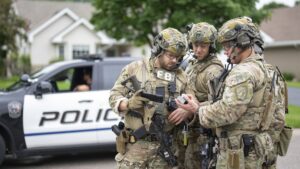



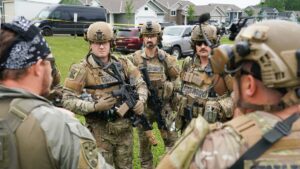
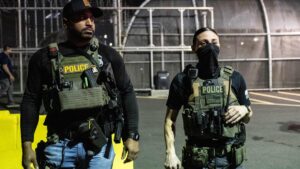
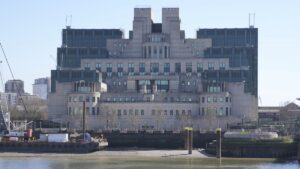





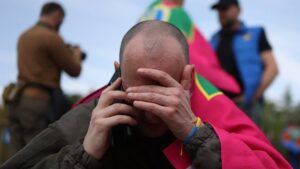





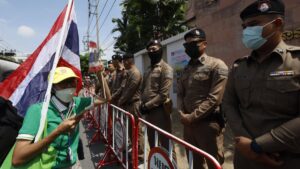







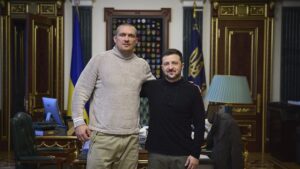
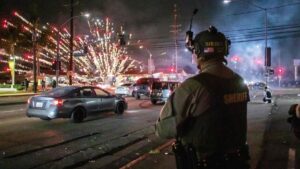
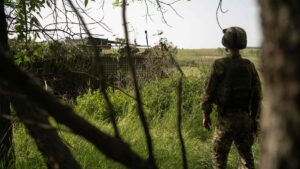
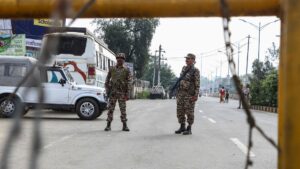

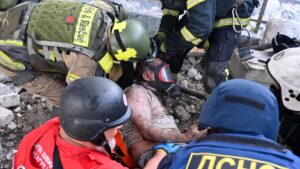











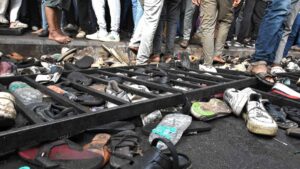


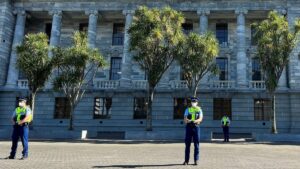

Be First to Comment